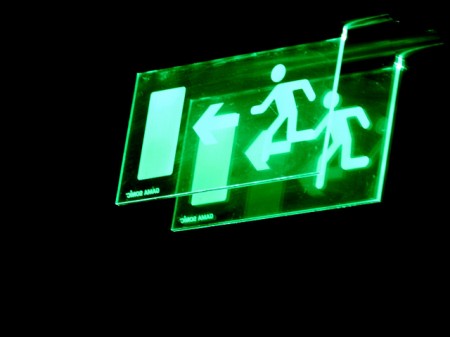
Perversely, it took a state of emergency to have Syria’s 48-year-old emergency rule removed. But although this had been a key demand of the protesters, the move is now seen as too little too late. In many ways, the situation is reminiscent of the events early February, when Egypt’s President Hosni Mubarak’s vague promises of reform were only salt in the wounds of the crowds on Tahrir Square.
A state of emergency derives from a governmental declaration in response to an extraordinary situation posing a fundamental threat to the country. Too often, however, dictatorial regimes misuse such rules for self-serving purposes: they introduce unwarranted restrictions on human rights and civil liberties, neutralize political opponents or postpone elections. There has also been a tendency to maintain states of emergency long after the original reason for its proclamation has disappeared. The result is a constitutional dictatorship.
With the turmoil in the Arab world, it’s easy to lose track of where emergency laws still apply. Here’s a brief overview of some of the recent changes:
| Algeria | In February, Algeria lifted the country’s 19-year-old state of emergency, in a concession designed to avoid the tide of uprisings sweeping the Arab world. |
| Bahrain | Since 15 March, Bahrain has been under a State of National Safety – a state of emergency – declared by King Hamad bin ‘Issa Al Khalifa. This was imposed for three months but may be renewed with the approval of the National Council or parliament. |
| Egypt | The controversial Article 179 of Egypt’s Constitution had effectively written emergency-style powers into law. After President Mubarak’s departure from office, a committee of legal experts called for eight articles of the constitution to be amended, including the abolition of Article 179 (the state of emergency was not lifted though). In a national referendum in March, a large majority of voters endorsed the proposals. |
| Syria | On 19 April, Syria’s government passed a bill lifting the country’s emergency law, in place for 48 years.The unrest showed no sign of abating. |
| Tunisia | On 14 January, shortly before being forced from office, President Zine al-Abidine Ben Ali declared a state of emergency amid bloody clashes between security forces and protesters. The state of emergency was extended mid-February until further notice. |
| Yemen | On 18 March, President Ali Abdullah Saleh declared a nationwide state of emergency after violent crackdowns on anti-government protests. |

